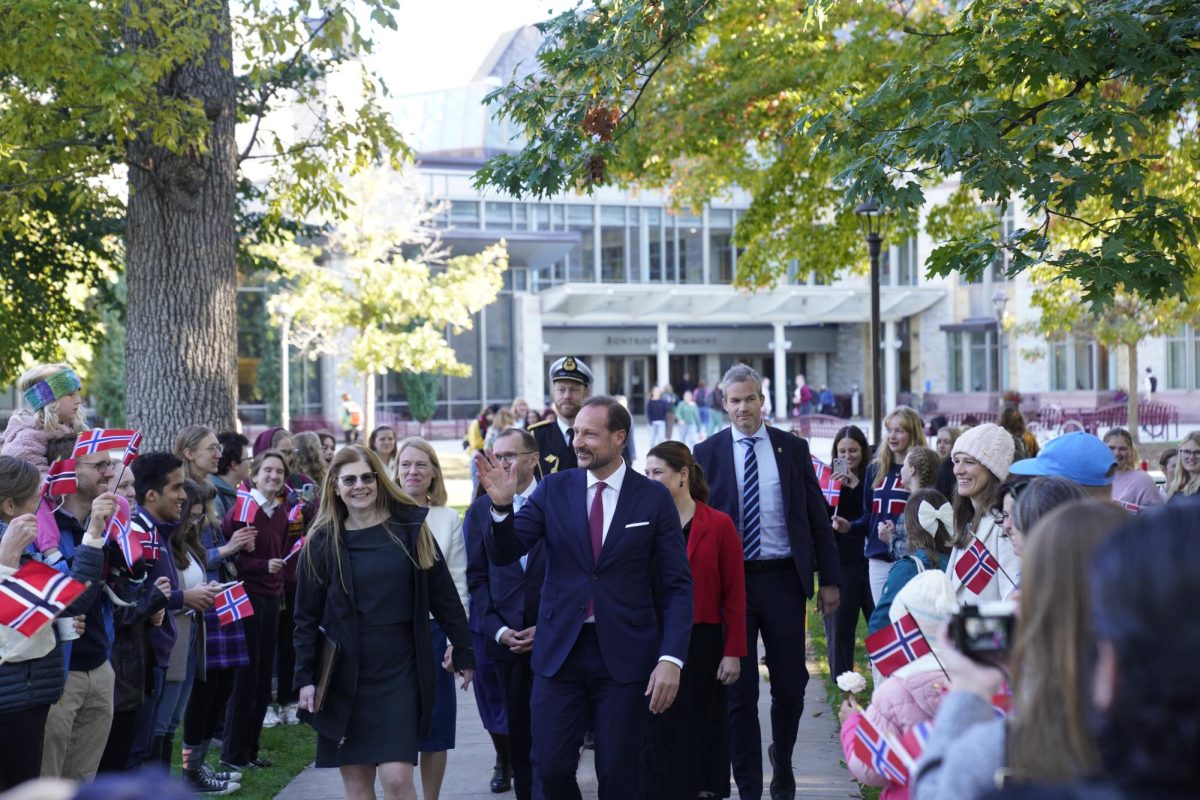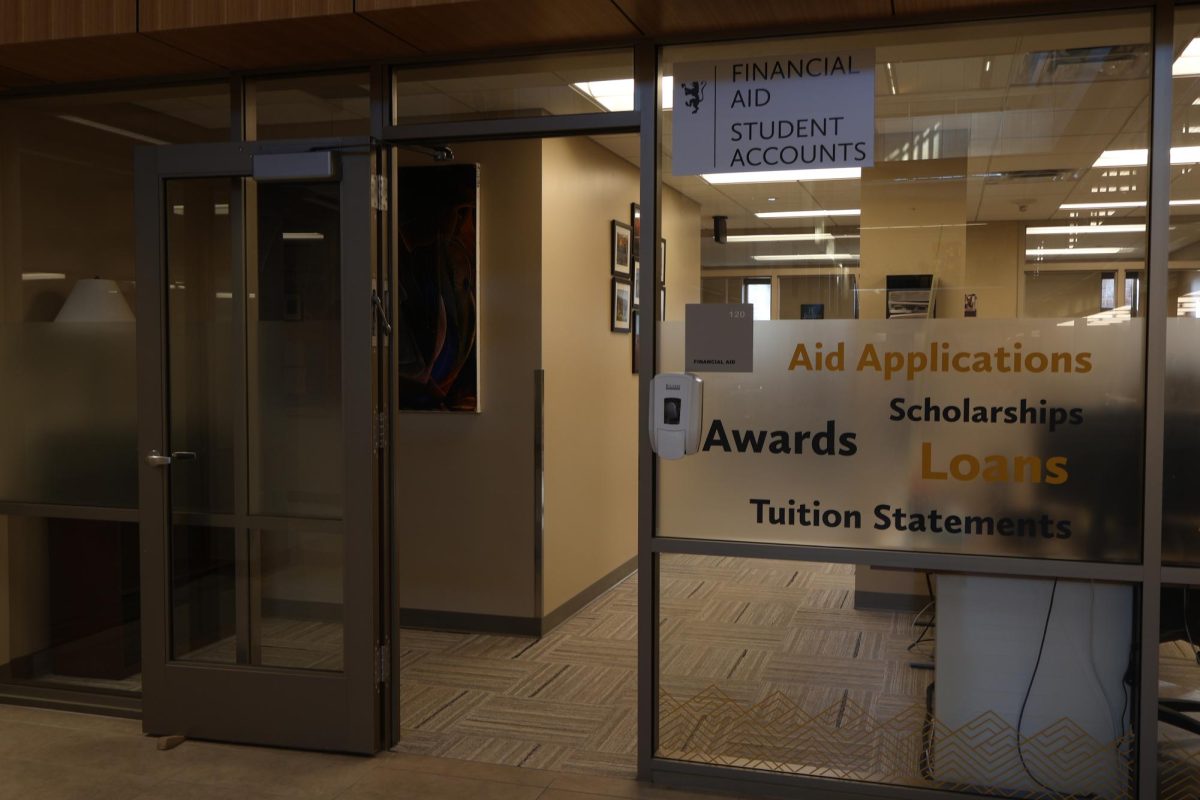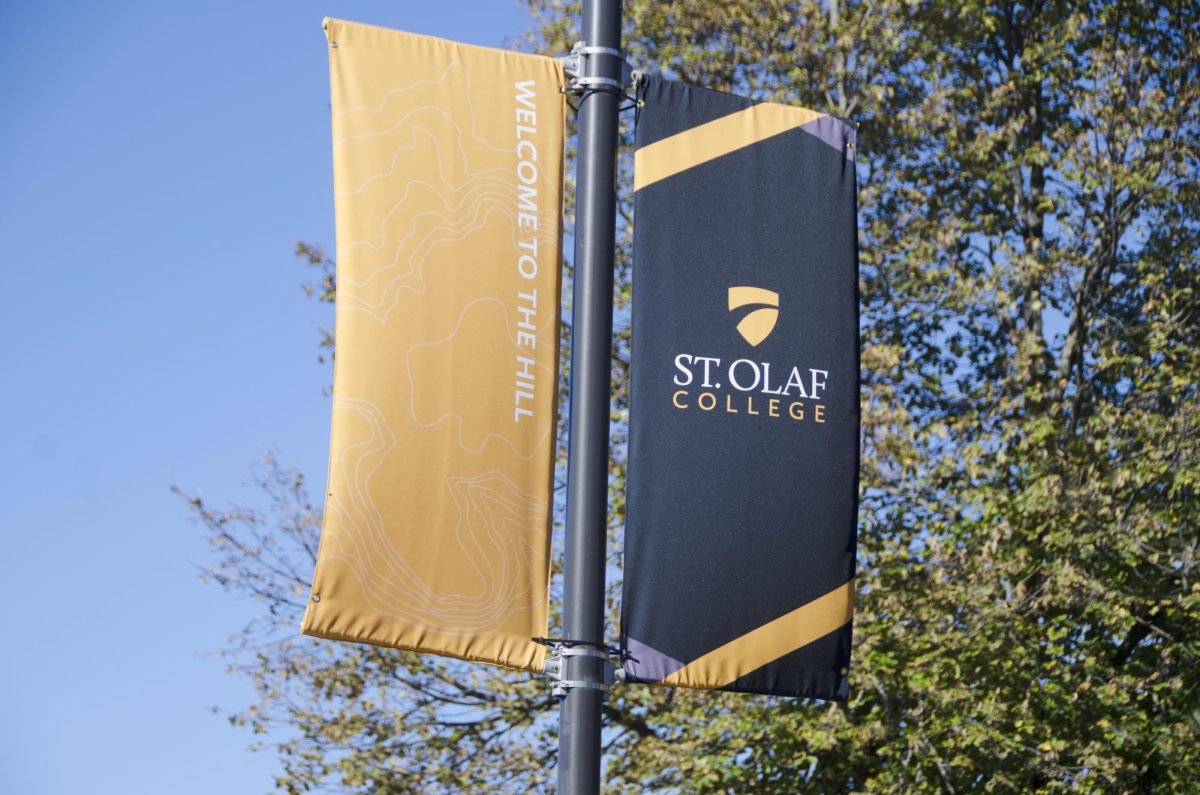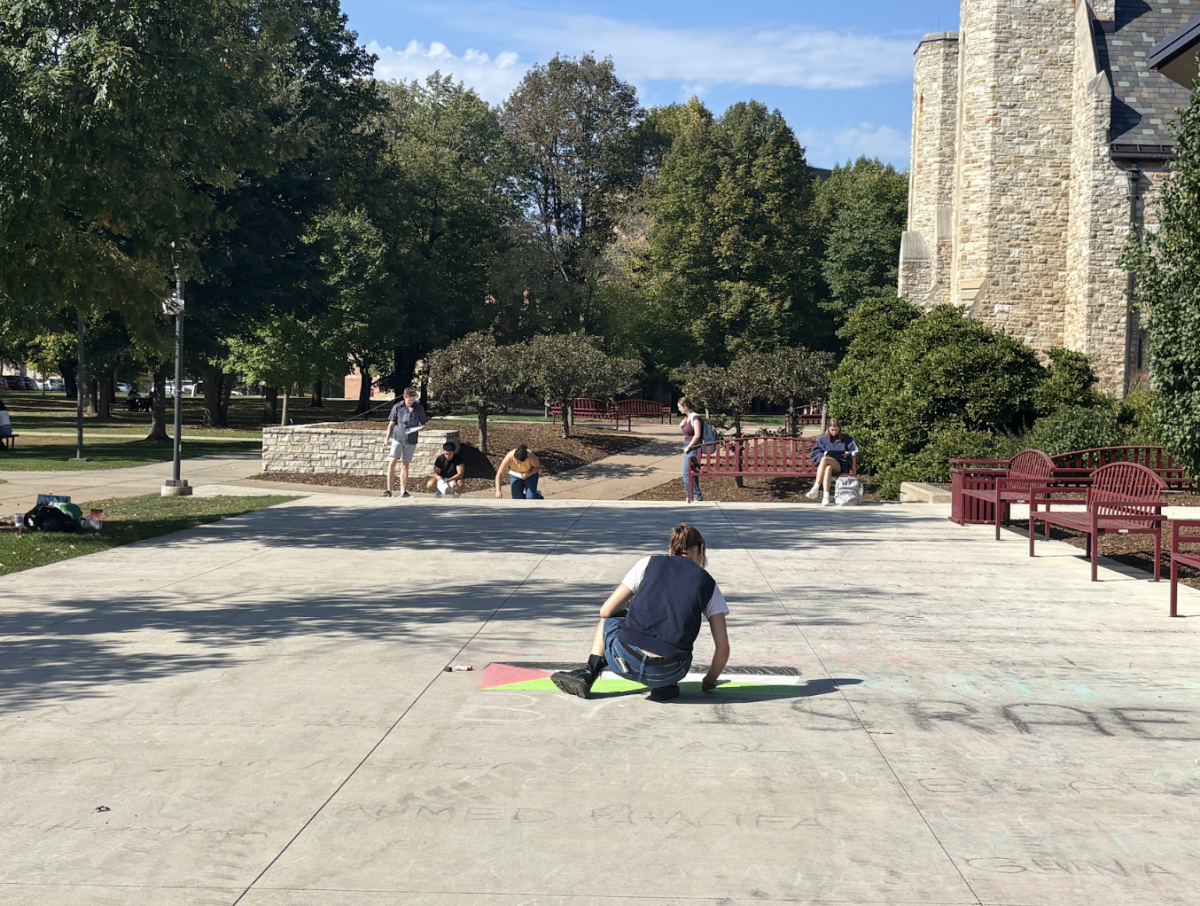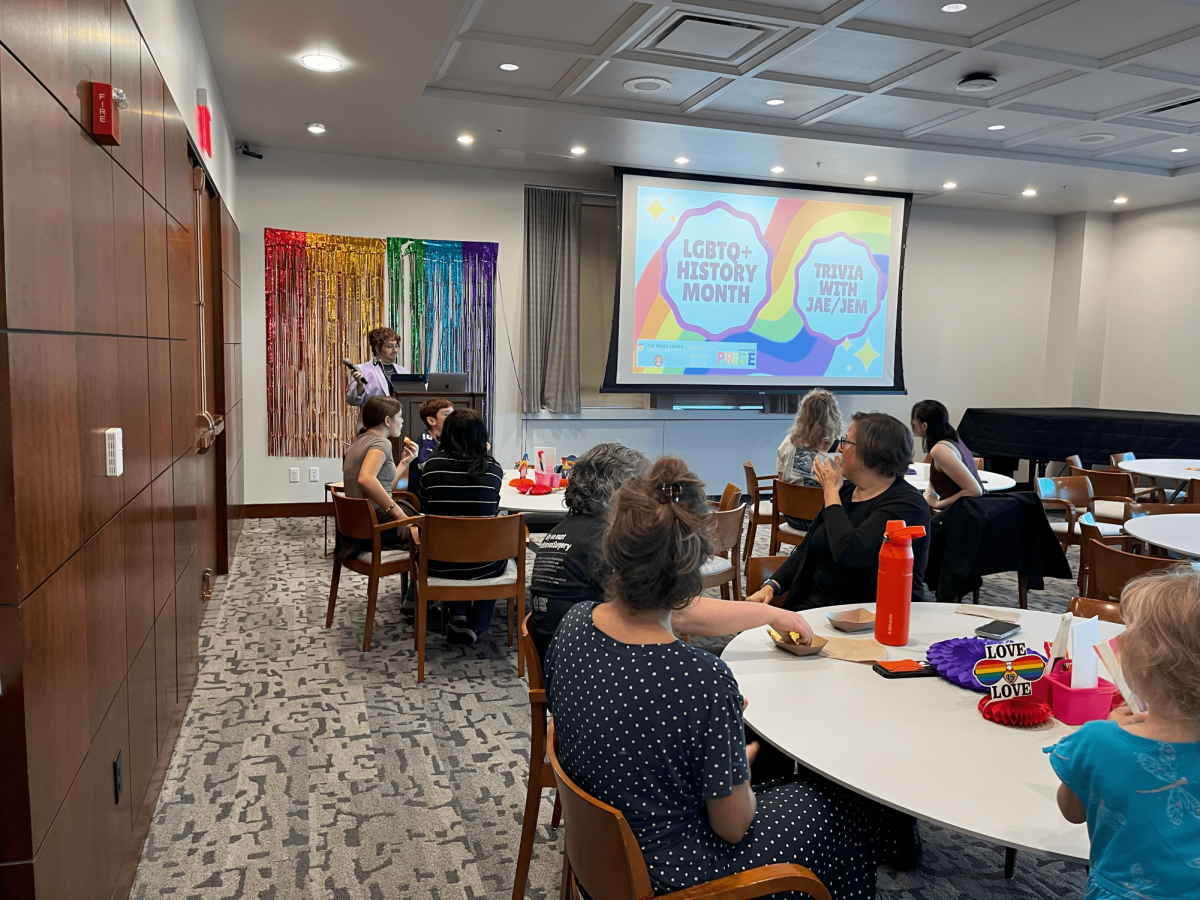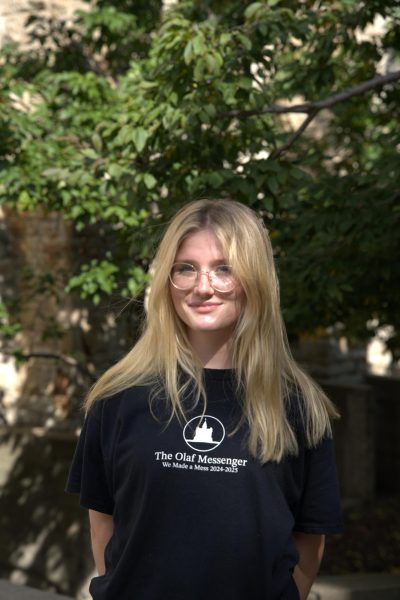The past few weeks have been dominated by headline after headline concerning international students, who face increasing uncertainty surrounding their visas as federal immigration policies come under legal scrutiny.
As pressure mounts, institutions, including St. Olaf College, have taken steps to show support for their international populations. St. Olaf recently signed an amicus curiae brief in American Association of University Professors v. Rubio, a case challenging Florida’s restrictions on foreign influence in higher education.
For many students, however, these actions offer only partial reassurance in a time of rising fear.
“It is a scary time. I want to say I didn’t anticipate this, but I didn’t think it would happen so quickly,” said Interim International Student Senator Lukhanyo Zwane ’27.
On April 25, the Trump administration announced in a court hearing that it would restore thousands of student visas, allowing international students to continue to study in the United States legally. While this gave hope to many, the news was ultimately marred by immigration officials’ reassurance that they would continue to pursue efforts to terminate students’ legal status.
The uncertainty of the situation captures the limbo that has defined the lives of many international students over the past few months. In recent weeks, the administration has canceled more than 1,500 student visas, sometimes without explanation.
The reality of the situation hit home for the St. Olaf community on March 27 when University of Minnesota (UMN) graduate student Doğukan Günaydın, a Turkish citizen and 2021 alumnus of St. Olaf College, was detained by Immigration and Customs Enforcement (ICE) outside his St. Paul home. A petition filed on his behalf argues that his arrest was unlawful and that he was not informed of the reason for his detention until hours later. Federal officials later cited a 2023 Driving While Impaired (DWI) conviction, but his attorneys claim this does not meet legal grounds for revoking a student visa.
During his court hearing on April 11, supporters, including students from UMN and St. Olaf, stood outside the courtroom demanding his release.
“It was a little bit of fear and anger,” said one student protester when discussing how they reacted to the news of Günaydın’s arrest.
This student requested to remain anonymous for fear of retaliation from the Trump administration.
“I think the fear comes from it being so close to home,” the student said. “The angry part is just definitely feeling like it was an unfair thing that happened, and it’s happening to more students.”
The student shared that they felt compelled to attend to support another Ole, and that one of the strengths of the St. Olaf community is the connections that members have with one another.
“It is my community. That’s one of the things that [the College] really pushes — that it’s a very close community that’s going to support current Oles,” the student said. “So, I think first of all, it is the right thing to do. And second of all, if they’re going to support you, why wouldn’t you support them as well?”
The student also reflected on the college’s response, observing a disconnect between its public messaging and the support students feel in practice. They mentioned a photo of Günaydın featured in a St. Olaf promotional video that has circulated among news sites, saying it posed an interesting narrative.
“The school uses you when it’s beneficial to them, but when it’s not, they just kind of abandon you,” the student said.
However, as the student and others pointed out, when the administration is actively looking for targets, it’s hard to balance student support with student safety.
“I don’t think I personally see a lot of reassurance from the school, but I also think that mainly because it can’t really give reassurance,” Zwane said.
According to General Counsel Carl Crosby Lehmann ’91, the amicus brief in American Association of University Professors v. Rubio allows the school to stand in opposition to the administration’s actions on campus directed towards faculty and students who are immigrants.
“It was a no-brainer. I mean, what’s going on? It’s an attack on the students and faculty who are as much a part of our community as anyone else,” Crosby Lehmann said.
While Lehman does admit the college is “experiencing a new world like everybody else,” St. Olaf has identified factors that lead to an international student being targeted.
One of the most common factors that can jeopardize a student’s legal status, such as in Günaydın’s case, is a criminal record. Crosby Lehmann explained that even minor offenses can have serious immigration consequences.
Other factors include country of origin, as the administration is targeting immigrants from specific countries like South Sudan, based on what the administration refers to as “anti-Israeli” and “anti-American” terrorism. Given this specification, Crosby Lehmann said that international students and immigrants should consider their social media activities.
“This administration has been focusing on people who engaged in protests against Israel — if that individual has support for those activities on their social media site and they are an immigrant, that’s something that I would identify… as something that could be problematic,” said Crosby Lehmann.
While having their visa revoked could be life-altering for any student, the consequences vary widely depending on a student’s country of origin and personal circumstances, especially if they are deported.
“The threat of going home isn’t that big to me… but that’s not the case for other students coming from other countries,” said Zwane. “A lot of international students come from very precarious places… some from places that are in war and under civil unrest.”
According to Zwane, this means deportation could be life-threatening.
For students seeking resources or legal assistance, additional information can be found on St. Olaf’s “Updates and Resource Links” website portal.
